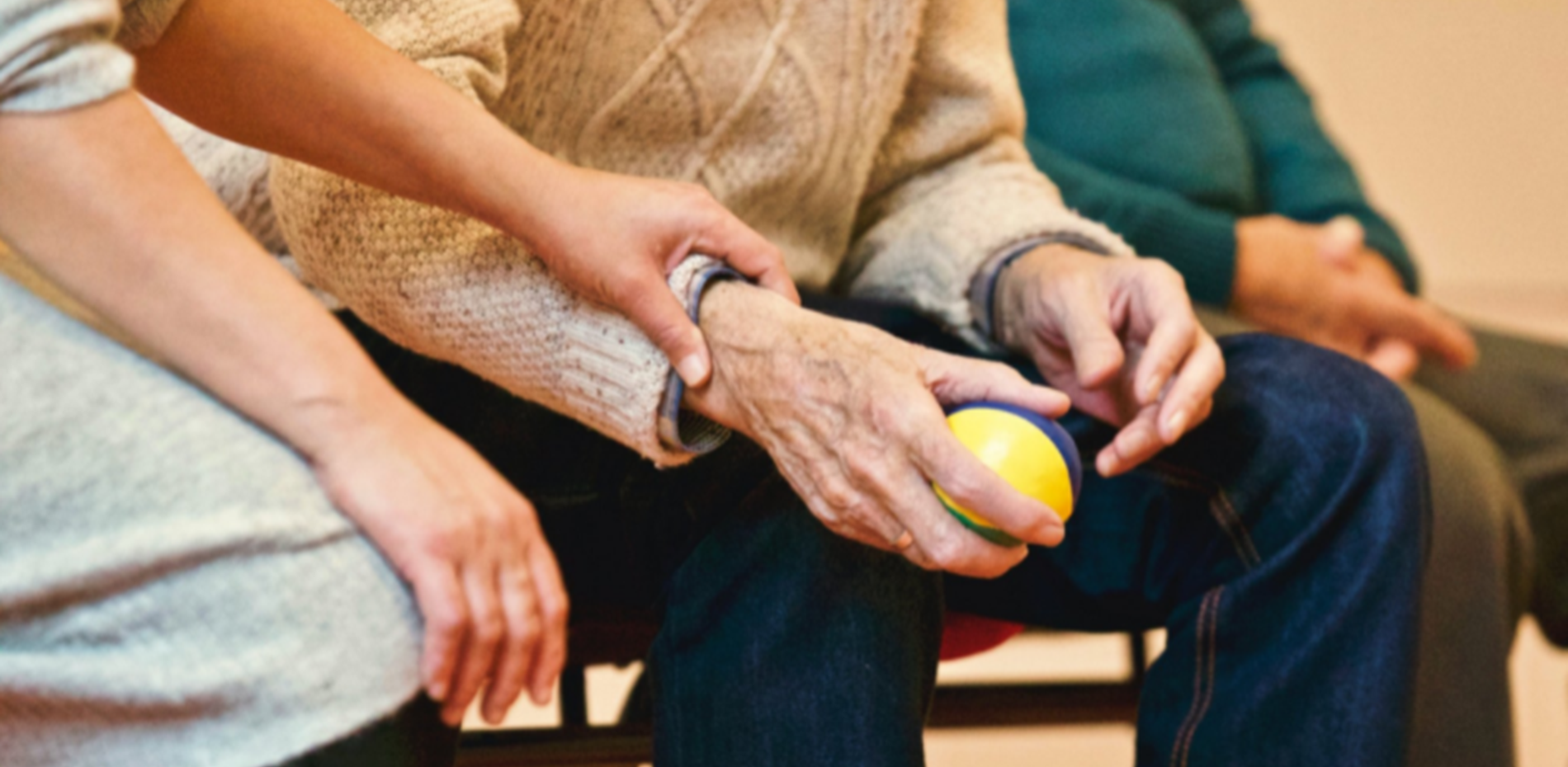There are few issues as emotive as voluntary assisted dying.
Modern medicine has meant that people are living for longer with terminal or incurable conditions. In previous generations, a cancer diagnosis or kidney failure could mean a swift death sentence.
Thanks to science, people are living longer and healthier lives, surviving health challenges that would have been insurmountable just a few decades ago.
Unfortunately, these advances have also come with a downside.
For some people suffering terminal or incurable conditions, survival may mean a loss of all quality of life.
For some, the pain can be unbearable.
For some, palliative care just doesn't work.
It is my view that these people deserve the right to choose to end their suffering with dignity, under the care and consultation of medical professionals and with the presence (if they wish) and support of their families.
No one who is facing the end of their life due to a terminal or incurable illness should be forced to suffer beyond their wishes.
It has been widely reported that this year Alex Greenwich, Member for Sydney, will introduce a bill to legislate voluntary assisted dying in NSW.
According to the NSW Premier, Gladys Berejiklian, the matter was debated and resolved in 2017, when a similar bill was defeated in the NSW Upper House by one vote.
Polls show that the vast majority of the NSW electorate supports sensible voluntary assisted dying legislation, and Mr Greenwich has pledged to work with MPs from all sides of politics to reach a consensus about how best to move forward.
The last time this debate was brought into the Parliament, I heard heartbreaking stories from terminally ill members of the community about their wish to end their lives with dignity.
I heard from people who did not want to spend their last days in pain and with no autonomy.
I heard from people who had watched family members waste away in front of them, with nothing they could do to help.
We all have been, or know someone who has been, in this impossible, agonising position.
These stories, deeply personal and heartfelt, crystallised my support for what I view as a human right.
I understand that this a complicated issue, with many strong views opposing my own.
That is perfectly understandable. This is an issue that has prompted debates among doctors and ethicists for millennia.
An Act of Parliament won't resolve these debates. They revolve around deep questions of conscience and belief. But there are facts that need to be made clear.
It is important that voluntary assisted dying is not, and never should be, a substitute for proper palliative care. Instead, it should be treated as a legitimate treatment option carefully chosen by people suffering from terminal medical conditions in consultation with their doctors.
Voluntary assisted dying is about allowing people to make the choice to end their suffering when palliative care is ineffective.
Western Australia and Victoria have already passed laws in this area, with Queensland and Tasmania to do so shortly.
There is no reason why NSW residents shouldn't have the same options regarding end of life care as their counterparts in other states.
We also need to recognise that medically induced death of terminally ill people is occurring already in NSW without a legislative or regulatory framework.
As the NSW Nurses and Midwives' Association wrote in a letter regarding the 2017 bill, "Patients are having their deaths hastened by the use of terminal sedation and increasing doses of analgesia. This is not prohibited because the primary intention of the administration of this medication is to relieve suffering and not to hasten death, even if hastening death is a consequence."
Put simply, this means that assisted dying is, in effect, already occurring without regulation.
The passage of voluntary assisted dying legislation would provide a framework for this needed regulation, and will require the patient to request assistance to relieve their suffering. It will also protect those practitioners who provide care.
Passing voluntary assisted dying legislation simply means that people who are suffering and make the choice to die won't have to do so alone.
I support this important and long-overdue reform and will be keeping a close eye on voluntary assisted dying legislation.
This opinion piecewasprinted in the Newcastle Herald on January 19, 2021.
OPINION - Bill puts voluntary assisted dying legislation back in NSW spotlight

19 January 2021


